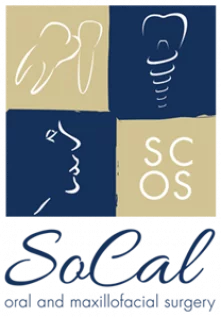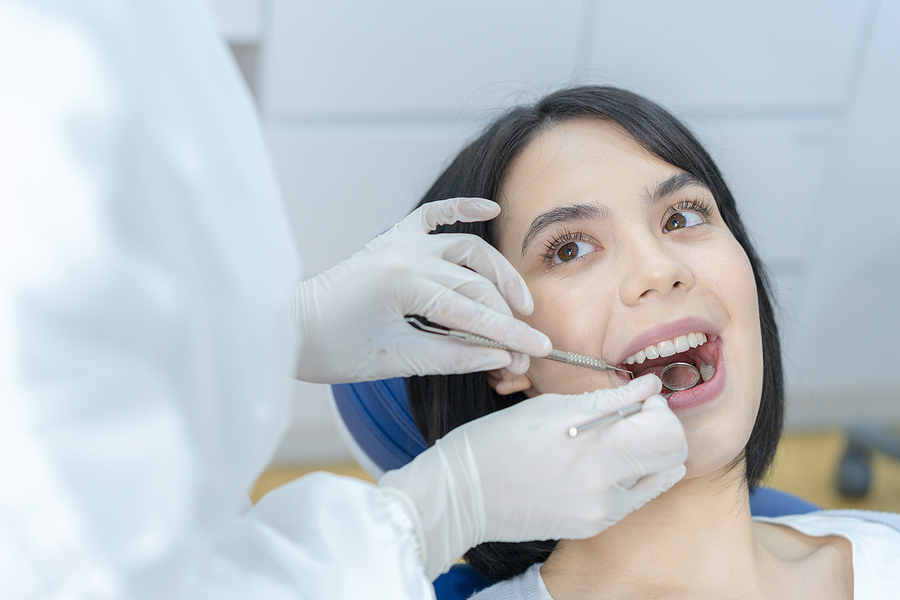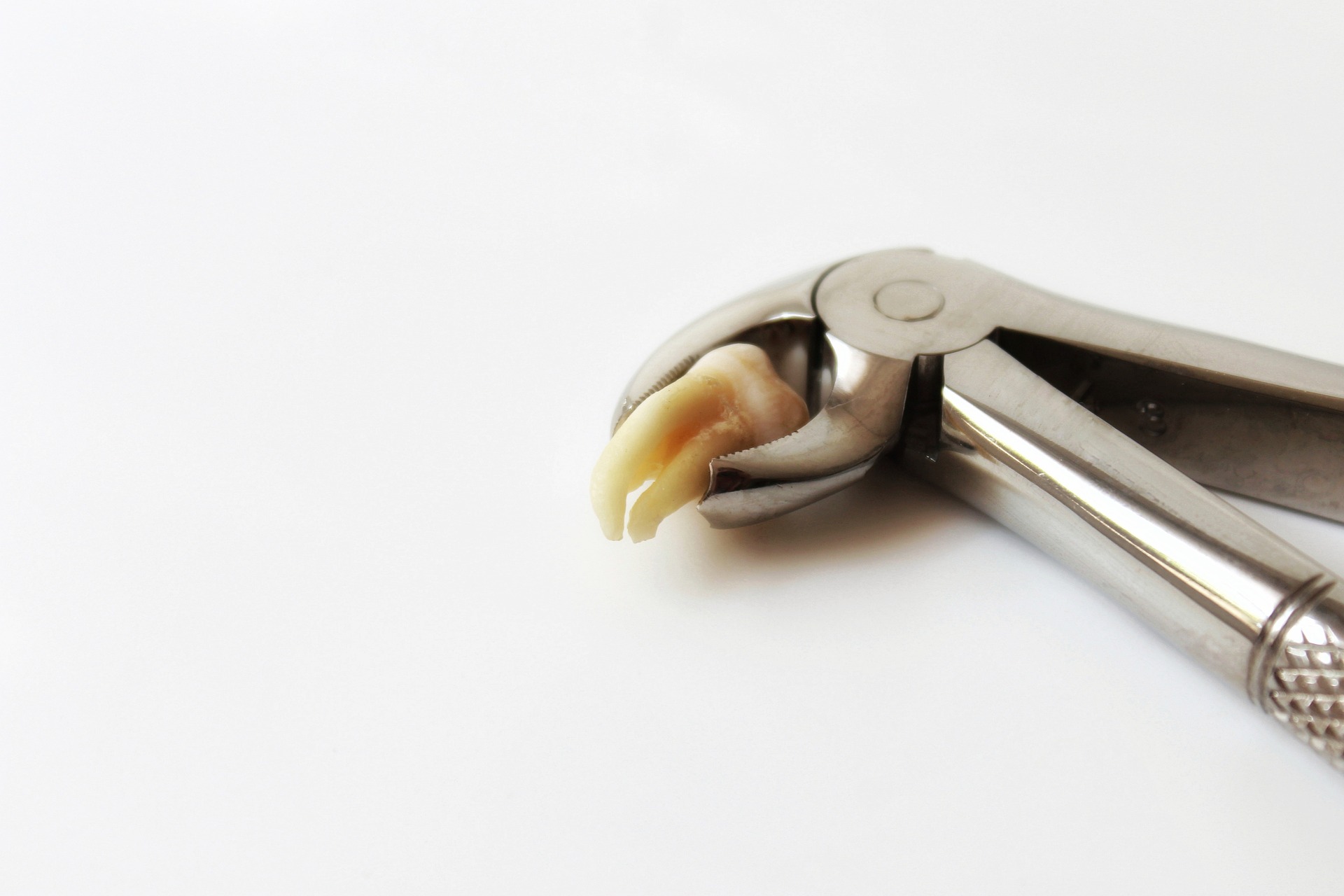General anesthesia is a medical technique that induces a temporary state of unconsciousness, allowing patients to undergo dental procedures without feeling any pain or discomfort. It goes beyond the traditional local anesthesia, which only numbs specific areas of the mouth. With general anesthesia, your entire body is in a deep sleep-like state.
The purpose of using general anesthesia in dental care is primarily to ensure patient comfort and safety during complex or lengthy procedures. For individuals who have dental phobias, severe anxiety, or special needs, general anesthesia can be a game-changer. It helps create a calm and serene environment where dentists can perform intricate treatments with ease.
Common Dental Procedures that Require General Anesthesia
There are certain dental procedures that may warrant the use of general anesthesia to ensure patient comfort and safety. While many routine dental treatments can be performed under local anesthesia, there are instances when a deeper level of sedation is necessary.
- One common procedure that often requires general anesthesia is wisdom teeth extraction. These third molars can be challenging to reach and extract, especially if they are impacted or growing at an angle. By using general anesthesia, the patient is completely relaxed and unaware during the procedure, making it easier for the dentist to remove the wisdom teeth without causing any discomfort.
- Another dental procedure where general anesthesia may be used is for patients with severe dental anxiety or phobia. For individuals who experience extreme fear or panic when visiting the dentist, undergoing even routine treatments can become overwhelming. With general anesthesia, these patients can undergo necessary dental work without feeling anxious or distressed.
- Additionally, young children who require extensive dental treatment may benefit from general anesthesia as well. Children may have difficulty sitting still for long periods or cooperating during complex procedures such as root canal therapy or multiple tooth extractions. Administering general anesthesia allows dentists to complete their work efficiently while ensuring the child's safety and comfort.
How Does General Anesthesia Work?
When administered, the anesthetic drugs target your central nervous system, particularly the brain. They interfere with nerve signals and disrupt communication between the brain and other parts of the body. This disruption effectively blocks sensations of pain and prevents any memory formation or awareness during the procedure.
The anesthesiologist carefully monitors your vital signs, such as heart rate, blood pressure, oxygen levels, and breathing rate, throughout the entire process. They adjust medication doses accordingly to ensure your safety and comfort.
Benefits of Using General Anesthesia in Dental Care
- One of the main benefits of using general anesthesia in dental care is that it allows for a pain-free experience. For those who have extreme dental anxiety or fear, this can be a game-changer. With general anesthesia, patients are completely unconscious during their procedure and do not feel any pain or discomfort.
- Another benefit is that it enables the dentist to perform complex procedures more efficiently. General anesthesia induces deep relaxation and reduces muscle movement, making it easier for dentists to work without interruptions. This is particularly beneficial for lengthy procedures such as wisdom teeth extractions or full mouth reconstructions.
- General anesthesia also provides the opportunity for multiple treatments to be done in one session, minimizing the need for multiple appointments. This can be especially advantageous for individuals with busy schedules or limited access to dental care.
- General anesthesia ensures patient safety by allowing them to breathe comfortably through an endotracheal tube throughout the procedure. It also eliminates risks associated with potential gag reflexes and involuntary movements that could hinder the accuracy of certain dental interventions.
- Using general anesthesia helps patients with special needs or medical conditions receive necessary dental treatment safely and effectively. Individuals with developmental disabilities, physical limitations, severe phobias, or behavioral issues may find undergoing dental procedures under general anesthesia much more manageable.
If you wish to learn more, visit SoCal Oral and Maxillofacial Surgery at 13522 Newport Avenue, Suite 109, Tustin, CA 92780, or call (714) 730-6767 to schedule a consultation. We are happy to answer any of your questions and help you out.
Location
13522 Newport Avenue, Suite 109,
Tustin, CA 92780
Office Hours
MON9:00 am - 5:00 pm
TUE8:00 am - 5:00 pm
WED8:00 am - 3:00 pm
THU8:00 am - 5:00 pm
FRI7:00 am - 3:00 pm
SATClosed
SUNClosed
13522 Newport Avenue, Suite 109,
Tustin, CA, 92780
Phone: (714) 730-6767Text Us: (714) 730-6767






